UDL Leads to Success

The Ripple Effect: Exploring the Outcomes of UDL Strategies
Universal Design for Learning (UDL) is not just a set of strategies; it's a framework for creating classrooms that empower all learners. But what are the concrete outcomes of implementing UDL in practice? Let's explore the ripple effect it creates, impacting individuals, classrooms, and even reaching beyond the four walls.
Individual Learner Outcomes:
- Increased engagement and motivation: UDL provides diverse entry points, catering to individual learning styles and interests. This sparks curiosity, fosters a sense of agency, and drives students to become active participants in their learning journey.
- Improved academic achievement: By removing barriers and offering multiple ways to learn and express knowledge, UDL allows students to access, understand, and demonstrate their understanding more effectively, leading to improved academic performance.
- Enhanced self-efficacy and confidence: UDL empowers students to choose learning strategies that work best for them, fostering a sense of ownership and control over their learning. This boosts their confidence and self-efficacy, promoting a growth mindset and resilience.
- Development of transferable skills: UDL encourages critical thinking, problem-solving, collaboration, and communication skills, preparing students for success not just in the classroom, but also in their future endeavors.
Classroom & School-Wide Outcomes:
- More inclusive and equitable learning environments: UDL actively dismantles barriers based on learning styles, abilities, and backgrounds. This creates a classroom where every student feels valued, respected, and supported, fostering a sense of belonging and community.
- Reduced achievement gaps: By providing differentiated instruction and meeting diverse needs, UDL helps narrow achievement gaps between different student groups, promoting greater equity and ensuring all students have the opportunity to reach their full potential.
- Enhanced collaboration and peer learning: UDL strategies often involve group work and collaborative projects, encouraging students to learn from and support each other. This fosters communication, teamwork, and empathy, creating a positive and collaborative learning environment.
- Improved teacher satisfaction and effectiveness: Seeing their students thrive and empowered by UDL can be incredibly rewarding for educators. It also enhances their teaching skills through differentiation strategies and collaboration with colleagues.
Societal Outcomes:
- Preparation for a diverse workforce: By fostering skills like critical thinking, collaboration, and adaptability, UDL graduates are better equipped to thrive in a diverse and rapidly changing world. They are well-prepared to contribute meaningfully and participate actively in our dynamic society.
- Increased civic engagement: UDL promotes empathy and understanding towards diverse perspectives. This can translate into active citizenship and responsible engagement with critical issues, leading to a more inclusive and just society.
- Lifelong learning skills: UDL cultivates a growth mindset and empowers students to become self-directed learners. This equips them with the skills and motivation to continue learning throughout their lives, adapting to new challenges and embracing opportunities for personal and professional growth.
Measuring the Impact:
While the positive outcomes of UDL are evident, quantifying them can be complex. However, various methods can be used to measure impact:
- Student surveys and interviews: Gathering feedback from students about their engagement, learning experiences, and sense of belonging.
- Academic performance data: Analyzing improvement in grades, test scores, and completion rates across diverse student groups.
- Observation and classroom assessments: Observing student participation, collaboration, and application of learned skills.
- Social-emotional learning assessments: Measuring changes in student self-efficacy, motivation, and sense of community.
The Final Word:
The ripple effect of UDL goes beyond individual improvement, creating a positive impact on classrooms, schools, and even society as a whole. By fostering inclusive, empowering learning environments, UDL sets the stage for a future where all individuals can thrive and contribute to a more equitable and just world.
Remember, UDL is not a static solution; it's a continuous journey of exploration and adaptation. By embracing its principles, measuring its impact, and continuously seeking improvement, we can ensure that UDL truly unlocks the potential within every learner and creates a brighter future for all.
Get in Touch
Accessible Inquiry
An email will be sent to the consultants
